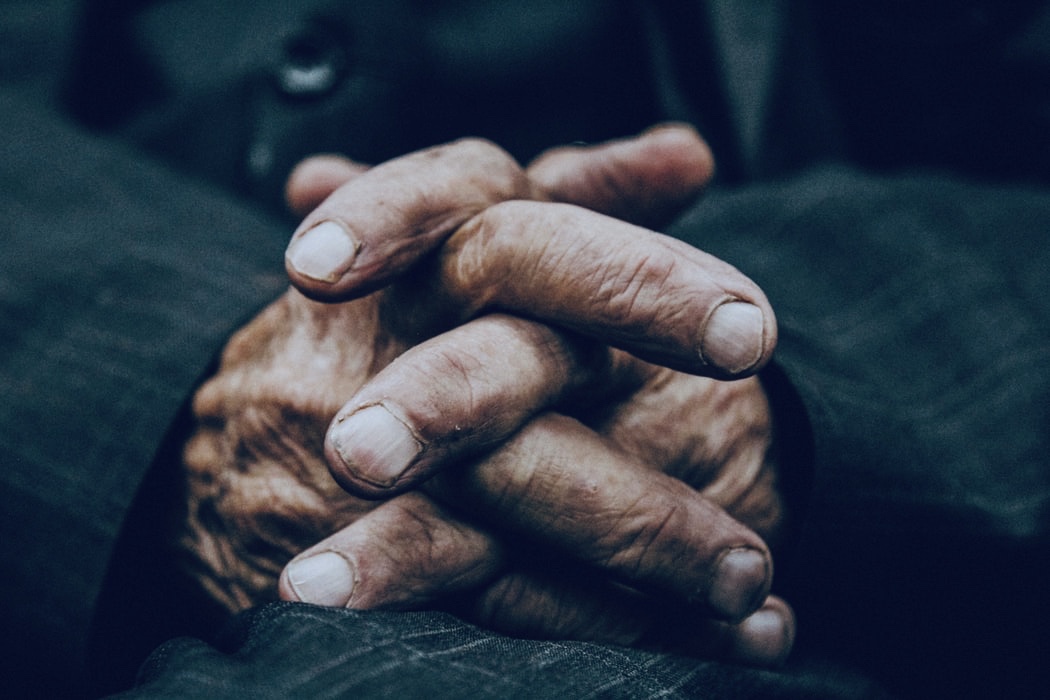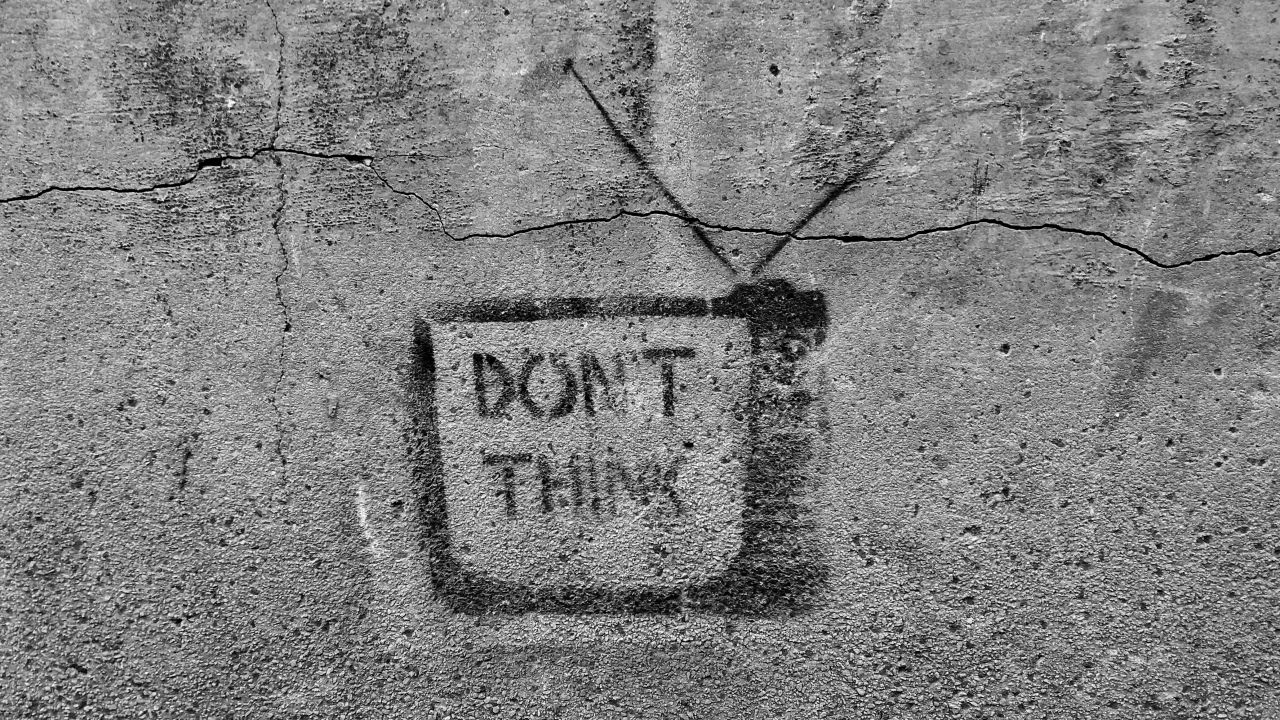I need you to trust me.
If you have followed my writings over the last decade you know that I do not like politics. In fact, I hate politics. I believe the confluence of politics and religion has been one of the greatest dividers and antagonizers within the Church as a whole. And, as a result, I spend my energy working to unite people from all political persuasions into the only thing that can cover a multitude of sins, a multitude of ideologies, a multitude of political persuasions- the love of God.
For it is the love of God, singularly, that can save us from ourselves, as impossible as that may seem sometimes.
But at the same time, you should know that since I do not care for either political party, I try to speak as much unbiased truth as I can, regardless of political affiliation. I don’t have skin in the game.
So with all of that being said, please know that my intention with this post is not to make some political statement, or to take some supposed political side, because I am not. Neither right nor left, blue nor red, liberal nor conservative, Republican nor Democrat will save us. I am simply trying to work through some of the great divides I observe within the American Church in light of political influence and power.
This post began writing itself last week when I saw an article about Vice President Mike Pence, who by the way is from my hometown and my alma mater (Columbus, Indiana and Hanover College), addressing a pastors conference (and now the Southern Baptist Convention) in which he was a surprise speaker. It was this specific line that hit me, and then subsequently made me reflect upon it. It was when he told the audience of pastors to, “share the good news of Jesus Christ.”
Maybe that line doesn’t really stand out to you. In fact, I would be surprised if it did stand out to you in any appreciable way because it is the very backbone of Christianity and a very common thing for a Christian leader to say. So it’s no real surprise that someone would say something like that at a preachers conference.
But the reason it hit me in such a weird way the other day was because there is a growing number of Christians, like me, who see how un-Christlike our government is, whether it be the current administration or past administrations, and the Vice President’s call to “share the good news of Jesus Christ,” seemed to ring a bit hollow in light of the current un-Christlike administration.
I need to be clear here. I am not at all doubting the Vice President’s sincerity or his allegiance to his faith. That’s not it at all. As you will soon see, the main point of this post really doesn’t have anything to do with the Vice President or the administration. I truly believe that from Pence’s perspective, he believes that the work he is doing, and the work that the Trump administration is doing by proxy, is largely in alignment with the “good news of Jesus Christ.” And his rally cry at the preacher’s conference was his clarion call for them to join him in this good news mission. Again, I do not doubt his sincerity or allegiance to his faith at all.
I just believe it is mistaken and misaligned.
The problem is that there are those of us who see the “good news of Jesus Christ” differently, who see that the character and policies of the Trump administration (and the Obama, Bush, and Clinton administrations of the past) as un-Christlike, and who believe that any pronouncement of the “good news of Jesus Christ” ought to be accompanied by a people resolved to be like the Christ they profess to follow.
I want to be consistent, though. I am not saying that I believe a country should, or even could, be Christlike because I don’t think that is even possible, nor is it what Jesus ever intended. But, when Christianity is so actively and vociferously bandied about by the current administration, and then used as their basis for policy decisions, it begs for serious accountability and critique by those who take following the way of Jesus seriously.
So here are a few questions I would have.
What is so good about the “good news of Jesus Christ” if it has no real bearing on us becoming more like Christ in our lives?
Ought not the preaching of the “good news of Jesus Christ” be accompanied by lives and initiatives that look Christlike?
What is so good about the “good news of Jesus Christ” if the policies of the United States are rarely Christlike, or not Christlike at all?
What is so good about the “good news of Jesus Christ” if it really isn’t good news for people living today?
Does the Good News have any real world influence, or is it just something that guarantees a future in heaven?
Of course these questions are rhetorical, but they really bring to light the deeper problem we have within American Christianity in how we view the “good news of Jesus Christ,” and what it ought to mean for the here and now. And believe me, this problem is at the very center of the issues we have with each other in the larger American Church.
If you haven’t figured it out by now, we have two very different and distinct understandings of what the “good news of Jesus Christ” even is. And it is this difference in understanding that has led to very different ideas about what that means in the world and then how that ought to be expressed.
Some Christians believe the “good news of Jesus Christ” is the saving work of God through Christ accomplished through the death of Jesus on the cross in order to defeat sin and death, thereby satisfying the wrath of God and granting forgiveness to all who repent and are baptized so that they may go to heaven for eternity in a spiritual afterlife.
The limitation of this understanding of the “good news” is that it does not offer a cohesive moral lens through which to see the world. Because this understanding is largely end-oriented, it is significantly limited in how to view (and relate) to the world presently.
That is why many within this version of the “good news” have adopted the most accessible lens in front of them to understand the world- the Judeo-Christian American lens.
Within the vacuum created by only using Jesus as a means of salvation, but not the lens through which they view all things, they needed some sort of lens to make moral sense of our country and world. And the Judeo-Christian American lens was the most accessible, because it was the one handed down from generation to generation in America.
The problem is that the Judeo-Christian American ethic is a mishmash of selective and inconsistent ethics from the Old and New Testaments. And those who see the world through that Judeo-Christian lens seek to impose those values on the governmental system as their ultimate goal, because they believe it is what God has always wanted. The Judeo-Christian American ethic is believed to be fundamentally and unequivocally Christian by those Christians who use it as their lens, even though its ethics are thoroughly un-Christlike.
A Judeo-Christian American ethic is not a Christlike ethic. There is no such hybrid entity within Christ. To be a Christian means to follow the ethic of Christ. It does not mean ascribing to a mishmash of selective values that can be molded to your liking, or to your political leaning.
I am not pointing a finger of judgment here, because this is the quasi-Christian mumbo-jumbo that we have all been sold for generations. The problem is that a Judeo-Christian American ethic is not a Christlike ethic and we are mistaken if we believe they are synonymous.
However, there are those, including me, who believe that the “good news of Jesus Christ,” which Jesus and Paul referred to as the “good news of the Kingdom of God,” is an entirely different nation and citizenship without boundaries or divisions or hierarchies, and whose values look exactly, and consistently, like the king in this kingdom… Jesus.
Yes, we still believe that the forgiveness of God was given to all as a peace-offering through Christ crucified, that sin and death were triumphed over in the resurrection of the Christ, and that God longs for all to repent (for all to change their minds about God and be transformed in the process of reconciling their relationship) and to be immersed heart, mind, body, and soul into this new reality of living, this Kingdom of God.
But it goes much further than that. Jesus isn’t simply a means to an end. Jesus is the means and the end. Jesus isn’t just good for getting to heaven. Jesus is the template and the lens by which we pattern our lives and through whom we see all things.
The good news of the Kingdom of God stands in sharp contrast to the selective and inconsistent morality of the Judeo-Christian American lens.
For example, when we say “pro-life,” we believe that God loves all life from womb to tomb, not just in the womb, because that is what Jesus taught and what Jesus embodied. The good news of the Kingdom of God is that all people are loved and worthy. And in this Kingdom, like Jesus, one does not see enemy-combatants or people worthy of death row or illegal aliens or garbage human beings or humans referred to as animals. We simply see people who are made in the image of God and loved by God. We see, like Jesus, people that we are to love with our heart, mind, body, and soul. And that may make us stupid and worthy of ridicule for loving so recklessly, but it is consistently with who Jesus called his followers to be.
And that is just one difference, among so many, between the selective and inconsistent Judeo-Christian American ethic and the universal and consistent good news of the Kingdom of God. It is easy to know how to see the world and other people when Jesus alone is the lens through which we see all things.
Let me give another example to illustrate the profound difference between the two lenses.
A Pew Research article posted on May 24, 2018 looked at whether or not the United States has a responsibility to accept refugees.
Of every single demographic analyzed in the study, from age to gender to class to ethnicity to education level, the groups MOST AGAINST the United States accepting refugees were the white, Protestant Evangelicals at nearly 70% and white, Protestants at 50%.
The people of Jesus. The people of compassion. The people who have become the very “body of Christ” in the world. The people of the “Good News.” The people who are to see others as Jesus sees them, is the single demographic MOST AGAINST accepting and helping a refugee.
When a Christian religion adopts a lens through which to view the world that is in stark contrast to the lens of Jesus, this is exactly what we end up with. Whether or not one breaks an American law, whether or not a person deserves the help, whether or not the person comes from another country or not, the good news of the Kingdom of God welcomes in and cares for the foreigner, the outcast, and those pushed to the edges of society. The good news of the Kingdom of God has deep, deep compassion for the poor seeking a better life, for those being hunted and killed by their own domestic oppressors, and for those seeking religious asylum from violent regimes. A people who understands the good news of the Kingdom of God is not singularly concerned preaching about the self-sacrificing Christ. We are resolved to pattern our lives after, and see the world through, the self-sacrificing Christ.
That’s the difference.
And I believe that is why there are so many Christians who think that the current administration is “doing the Lord’s work,” while there are just as many of us Christians who believe the current administration is an affront to Christ. Because without making Jesus the lens through which all things are seen, one can pick and choose which ethical concerns are “more important” or more “politically satisfying” or “more in line with American interests,” than with the Jesus they profess to follow.
It may be time for us to have deeper discussions with each other about what the good news is and what it really means for the world today.
Peace…
Brandon



